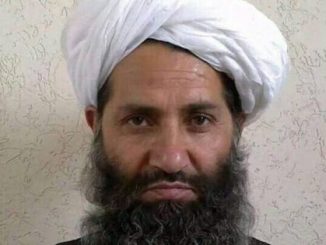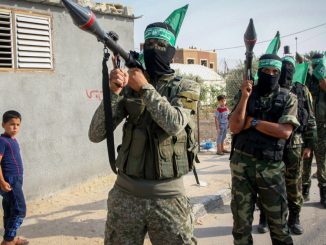
| Published June 29, 2025
😡 Netanyahu in Fumes: Political Storm over Soldier Testimonies
The shocking testimonies from IDF soldiers have reportedly sent political shockwaves through Israel’s top leadership. Prime Minister Benjamin Netanyahu, already under intense domestic and international scrutiny, is said to be furious over the public disclosures that undermine the official government line. Sources close to the Israeli administration suggest Netanyahu views the leak as a betrayal that could damage Israel’s legal defense on the global stage.
The Prime Minister has long positioned himself as the protector of Israeli security forces and has consistently rejected international calls for independent investigations. Now, with soldiers confirming they fired on unarmed civilians at aid sites, Netanyahu may find himself cornered between defending the military’s reputation and facing growing dissent within the ranks.
Critics argue that the Prime Minister’s combative posture—both with domestic human rights groups and foreign allies—could backfire. Human rights advocates believe Netanyahu’s refusal to engage with internal watchdogs like Breaking the Silence has allowed impunity to fester. Meanwhile, political opponents are seizing the moment to call for a full inquiry and accusing Netanyahu of burying the truth for political convenience.
With Israel’s international standing already weakened, these firsthand accounts could amplify calls for war crimes probes, fuel diplomatic isolation, and place unprecedented pressure on Netanyahu’s leadership during a critical wartime period.
🧨 Deeper Background & Fallout
The testimonies from Israeli soldiers challenge one of the most sensitive and guarded aspects of the Gaza conflict—how aid distribution zones have turned into deadly flashpoints. While the IDF has officially claimed that its soldiers responded to violent elements within the crowd, the new statements reveal that live fire was used even when no direct threat was visible, raising grave concerns about the army’s rules of engagement.
The soldiers’ accounts suggest that firing into crowds was not a rare exception but a routine practice, particularly in chaotic humanitarian zones where civilians gathered desperately for food. This revelation not only damages Israel’s narrative of self-defense but also invites international legal ramifications, including possible violations of international humanitarian law.
For the Israeli government, the fallout is political as well as reputational. Human rights groups, including B’Tselem and Amnesty International, are calling for an immediate and independent investigation. Diplomatically, the revelations may affect Israel’s partnerships, particularly with nations like the U.S. and Germany, whose military aid is predicated on adherence to humanitarian norms.
Internally, this could deepen rifts within Israeli society. Many Israelis support the military unconditionally, but these testimonies—coming from the soldiers themselves—may force a national reckoning over how the Gaza war has been conducted, and whether military ethics have eroded under political pressure.
🔀 Alternative Sources/Views
While mainstream Western media often portrays Israeli operations in Gaza as defensive or counterterror operations against Hamas, these internal IDF accounts challenge that framing. Breaking the Silence, though often criticized by Israeli hardliners as a “fringe activist group,” has a track record of publishing credible whistleblower reports.
The Israeli government, meanwhile, continues to maintain that Hamas uses civilians as human shields and manipulates aid operations. However, the new testimonies suggest that some deadly incidents were the result of orders or systemic practices rather than mere battlefield confusion or Hamas provocation.
 Resulting Effects
Resulting Effects
This development could lead to:
-
Increased global pressure on Israel in forums such as the UN and International Criminal Court.
-
Stronger demands for an arms embargo and sanctions by EU nations or humanitarian coalitions.
-
Greater scrutiny of U.S. military aid to Israel, particularly from progressive voices in the U.S. Congress.
-
Deepening divisions within Israeli society, especially among former soldiers and their families questioning military policy.
It could also galvanize Palestinian advocates worldwide, particularly in university protests and civil rights organizations already critical of Israel’s actions in Gaza.
 Bottom Line:
Bottom Line:
The confirmation by Israeli soldiers that live ammunition was used on unarmed Palestinians during humanitarian aid deliveries marks a grave inflection point in the ongoing Gaza conflict. It challenges both domestic and international perceptions of the Israeli military’s operational ethics. As these revelations gain traction, they may become a pivotal element in the international community’s reassessment of the war and its humanitarian toll.





Be the first to comment